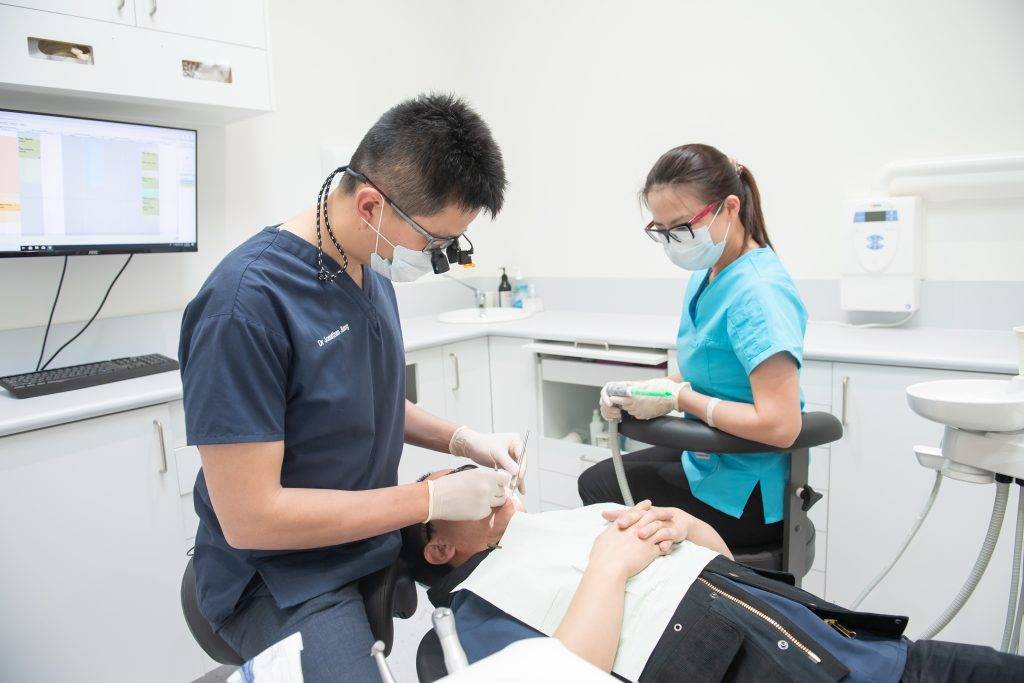- Not all teeth can be whitened: Some teeth are resistant to reatments due to their structure, color, or previous treatments. For example, if you have had a previous root canal, your dentist may advise against whitening as the treatment may not be effective.

- Treatments can cause sensitivity: Teeth whitening treatments can cause temporary sensitivity, especially if you have pre-existing dental problems. Your dentist will advise you on how to minimize sensitivity and provide you with the necessary precautions.
- Not all products are equal: There are many teeth whitening products available over-the-counter, but not all are equal in their effectiveness and safety. Consult with your dentist to determine the best whitening product for you.
- Teeth whitening can be done at the dentist’s office or at home: You can opt for professional treatments at the dentist’s office, or you can use at-home whitening kits under the supervision of your dentist. Take-home teeth whitening kits typically contain a lower concentration of whitening gel compared to in-office treatments. However, the treatments are longer, and the patient can use the kit for several days or weeks until they reach their desired level of whitening. This gradual process can result in fewer side effects and less sensitivity compared to in-office treatments.
- Teeth whitening is not recommended for pregnant or breastfeeding women: treatments may not be safe for pregnant or breastfeeding women, and it’s best to consult with your dentist before undergoing any treatment.
In conclusion, teeth whitening is a great way to enhance your smile, but it’s essential to understand the limitations and potential risks associated with the treatment. Consult with your dentist to determine the best course of action for your specific needs.